B.C. has endured heat domes, atmospheric rivers, forest fires and increasingly dangerous extreme weather in recent years. We must pay extra attention to the communities made most vulnerable by increasingly frequent extreme weather events spurred by climate change.
For those facing systemic barriers that intersect with gender, sexuality, race, class and immigration status, the impacts are severe. We must keep these intersections in mind when considering the inevitability of the transition to a greener economy.
We are already seeing shifts towards lower-carbon, resource-efficient and socially inclusive alternatives to coal, oil and gas. To us, ensuring a just transition away from fossil fuels — and making sure the transition to a greener economy leaves no one behind — is vital.
To minimize human suffering, we at the Worker Solidarity Network and BC Poverty Reduction Coalition feel it’s crucial to address the harms of climate change by devising mitigation strategies for equity-deserving groups.
Writing from the perspective of settlers on unceded lands, we are focusing our efforts on low-income and unhoused folks, disabled people, racialized folks, low-income workers and renters who are disproportionately impacted and already systematically disadvantaged by climate change.
We’ve chosen not to focus on Indigenous peoples because we fundamentally respect their rights to self-determine Indigenous-specific strategies. We recognize they are at the forefront of ecological protection and any work we do towards a just transition is dwarfed by the labour and leadership they have been carrying out for generations.
Instead, we’re focusing on three groups and issues they encounter in extreme weather: unhoused folks (people who rely on public space), persons with disabilities and low-wage workers.
When catastrophic weather strikes, public spaces become risky
Unhoused people are at the frontlines of climate impact, as many unhoused individuals rely on public space that is becoming increasingly privatized, while navigating public and outdoor spaces in unique ways. For people who sleep outdoors or with precarious housing or shelter options, the situation can become very unpredictable with the onset of extreme weather.
The stigmatization and criminalization of people in poverty can also make people feel ashamed to access services or protections. Risks like sanitization barriers, health impacts of living outdoors (such as smoke inhalation or ongoing heat exposure), food and water insecurity are already extremely high. Those are made exponentially worse without reliable, consistent shelter.
A just transition must include truly affordable, accessible housing options for all people experiencing homelessness to transition into safe, adequate and affordable permanent homes, including the right to heating and cooling and energy affordability for all.
In emergency contexts, disabled people suffer worse outcomes
Disabled people are also at the frontlines of the climate crisis and often have unique barriers to responding when wildfires, flooding, heat domes and other emergency climate events happen.
Rowan Burdge, one of the authors of this piece, has Type 1 diabetes. As a renter in the June 2021 heat dome, she experienced heat injury in an apartment without centralized air conditioning.
Diabetes makes it harder for the body to cool itself. “The heat increased my sugars for the duration of the heat dome, resulting in panic, stress, discomfort and health impacts like headache, not being able to sleep, confusion and heat exhaustion,” Burdge says.
“It was extremely frightening and unsettling as I live alone.” She has since purchased and air conditioner, but recognizes “not everyone can afford an AC unit, or the energy costs to run it, especially people with disabilities and chronic illnesses.”
For years, research has shown that in emergency contexts, disabled people are significantly more likely to suffer morbidity and mortality.
During the heat dome that gripped B.C. in June 2021, people with schizophrenia were four times more likely to die, and some medications become less effective in heat.
There is not much available data in B.C. about the experiences of people with disabilities and chronic illnesses, as disaggregated data doesn’t currently exist, but disabled peoples’ unique needs need to be understood, prioritized and centred as we move towards a just transition.
Essential workers are more vulnerable
Low-wage workers in industries like hospitality and food service face job insecurity through low bargaining power, poor pay and normalized experiences of harassment and discrimination.
These workers were deemed essential during the early days of the COVID-19 pandemic lockdowns. In already precarious positions, low-wage, essential workers are even more vulnerable when extreme weather hits.
Hospitality and food service jobs are often indoors, in spaces not typically associated with increased health and safety risks owing to changing climate. In 2021, WorkSafeBC received a 180 per cent increase in heat stress claims, with one-third of these being from indoor workers.
At Worker Solidarity Network, we’ve engaged with cooks in extremely hot kitchens during heat waves and fast-food workers in smoky drive-thru windows during wildfires. Stories included fainting on shift from heat stress, being denied water bottles at their forward-facing workstations and standing in walk-in freezers to cool down. These working conditions are especially dangerous for workers with existing health concerns.
These are not unique, one-time accounts. This is a narrative echoed by many workers who, due to low wages and lack of access to essential resources, find themselves forced to work in dangerous weather conditions. Some workers we’ve connected with have reiterated the threat of dispensability in their roles and have described their jobs as “alienating,” “isolating” and “dehumanizing.”
Workers often have no option but to endanger their health to make ends meet, often finding no recourse to alleviate their conditions.
For temporary foreign workers in seasonal agriculture positions, where abuse and exploitation remain common issues, there are even fewer avenues of justice due to fear of deportation and system shortcomings.
Low-wage workers — and many migrant workers, who often flee to Canada due to climate catastrophe at home — deserve more safeguards and mechanisms to ensure easy access to labour justice.
We need bold, pro-active leadership
Social justice and economic security must be enhanced.
Implementing a framework for the transition to a greener economy that incorporates redistribution of wealth and the broader provision of more equitably accessible public services would reduce poverty, unemployment and homelessness. These measures would contribute to a more equitable, balanced, thriving economy, a sustainable environment, a healthier population, improved standard of living, quality of life and a better-functioning democracy for us all.
With the speed and intensity of anticipated climate shifts, ensuring proper mitigation to prevent non-precarious communities from falling into precarity is also essential.
We must be prepared for rapid response to emergencies before they arise. These situations will occur more frequently, and the government cannot wait until they happen to formulate responses — response plans need to be in place now, with proactive rather than reactive measures and strategies.
The B.C. government can take many straightforward, preventative mitigation measures and policy approaches to prioritize and centre groups that disproportionately experience the impacts of climate change that will reduce human suffering and infrastructure damages.
We urge the provincial government to take bold, proactive leadership through collaborative engagement to tackle the urgent climate emergency while ensuring that lower-income and vulnerable households are not made worse, as climate change and extreme weather events continue to increase in frequency, intensity and duration.
Read our collective policy brief to government from a coalition of organizations with more fulsome recommendations to the government with specific calls to action on this issue, including a broader just transition framework for B.C. ![]()
Read more: Health, Rights + Justice, Environment



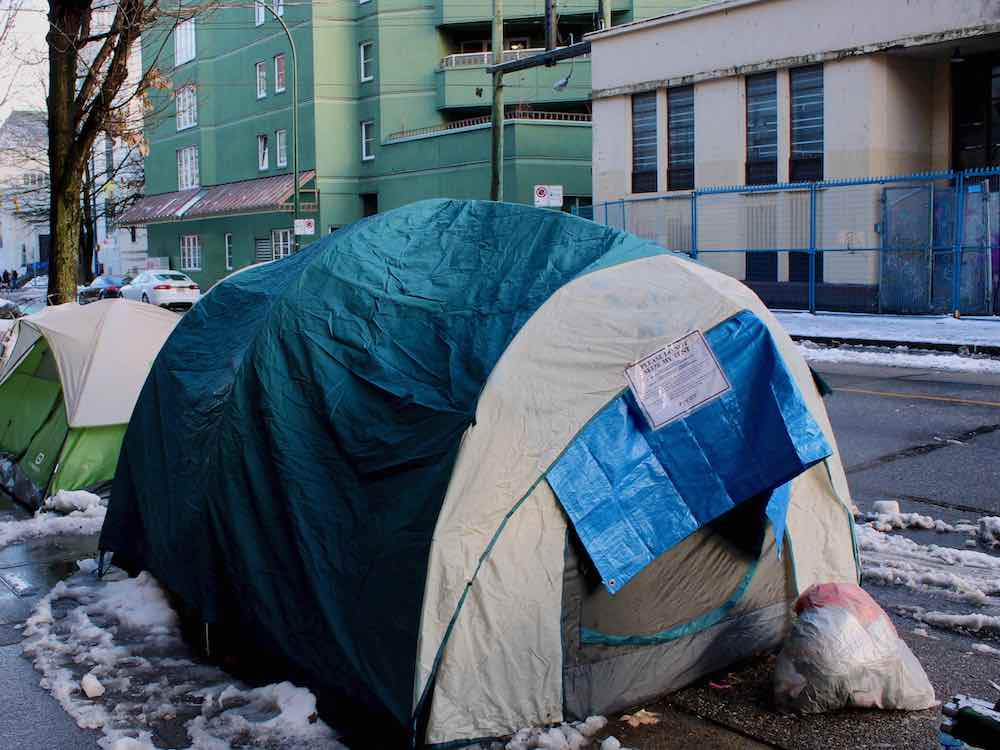

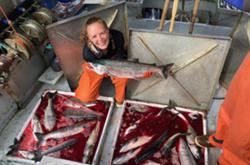

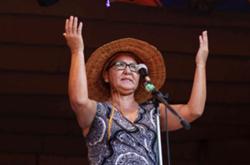
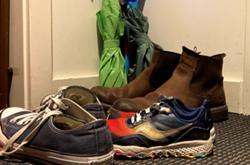
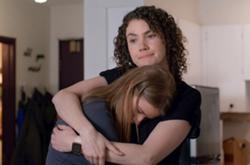

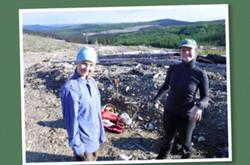


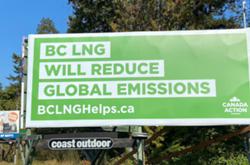
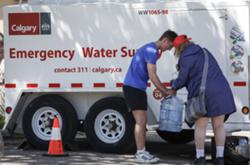
Tyee Commenting Guidelines
Comments that violate guidelines risk being deleted, and violations may result in a temporary or permanent user ban. Maintain the spirit of good conversation to stay in the discussion and be patient with moderators. Comments are reviewed regularly but not in real time.
Do:
Do not: